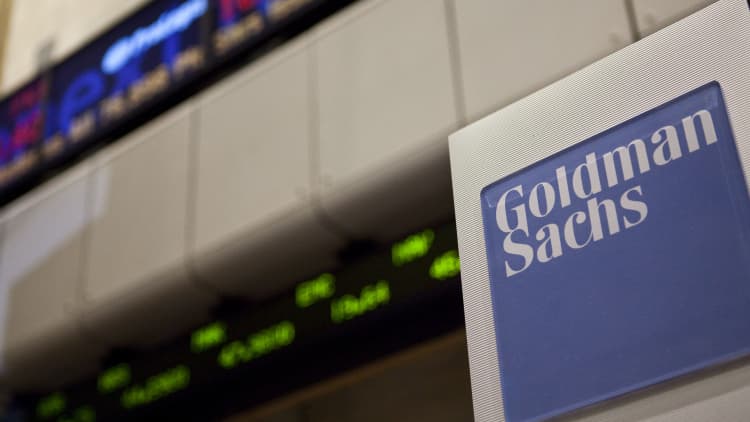
The Federal Deposit Insurance Corp on Tuesday voted to approve a five-agency revision of the post-crisis regulation known as the Volcker Rule.
The tweak, if sanctioned by all regulators, would help clarify the way in which banks trade securities using their own funds, the ban of which was a key portion of legislation from the post-financial crisis bank crackdown.
That issue concerns the definition of "proprietary trading," a transaction conducted by a firm designed for direct market gain instead of investing on behalf of clients.
The regulators hope to clarify the definition of proprietary trading and adjust the ban that prohibits banks from making short-term investments with their own capital. The move comes in response to industry complaints that the rules are too convoluted and burdensome.
"One of the post-crisis reforms that has been most challenging for implement for regulators and industry is the Volcker Rule, which restricts banks from engagement in proprietary trading and from owning hedge funds and private equity funds," said Jelena McWilliams, chairman of the FDIC.
"In fact, the rule has turned out to be so complex that it required 21 sets of Frequently Asked Questions, or FAQs, issued by the regulators within three years of its adoption," she added.
The Office of the Comptroller of the Currency approved the revamp earlier Tuesday, while the Federal Reserve and the Securities and Exchange Commission still need to weigh in.
Specifically, the final rule will remove an "accounting prong" used to determine the types of prohibited trading. Instead, regulators will defer to easier-to-digest models within the original Volcker Rule. Though the magnitude of barred trading isn't anticipated to change significantly, banks will receive better guidance on their ability to make markets for customers.
The Volcker Rule was initially enacted under the Dodd-Frank Wall Street Reform and Protection Act. It prevented banks from investing their own money in hedge funds and private equity funds. It also tried to remove risk from trading desks at major U.S. banks.
Any rewrite would mark a win for big financial institutions including Goldman Sachs, which has long lobbied to weaken the rule. Without action by Congress, however, the Volcker Rule's broader bans on proprietary trading remain.


